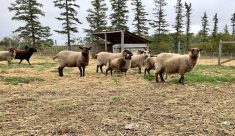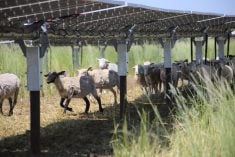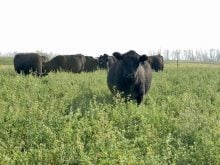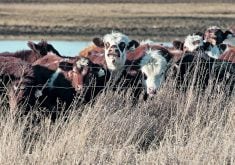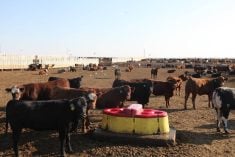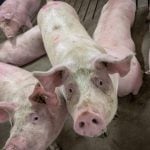Last fall, Alberta Agriculture and Forestry released its new Relocation of Livestock Facilities Planning Guide.
A major focus of the guide is the environmental risks at many farms, where access to water was the guiding consideration when the farmstead was established.
The brief guide helps livestock producers identify those environmental risks, looks at potential mitigation measures, and outlines steps to consider when relocating facilities.
Read Also
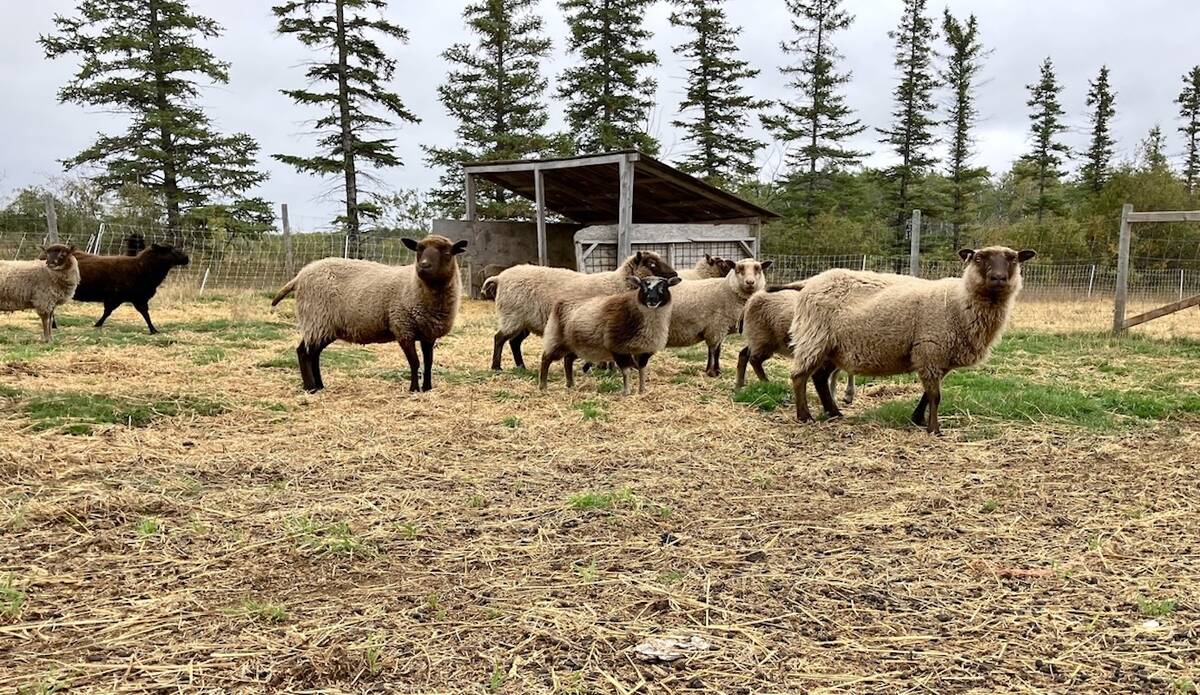
Mosquito-borne virus could be devastating to sheep breeding operations
Cache Valley virus, a mosquito-borne disease that infects small ruminants, could be a devastating hit to small operations.
“It takes them through a process of looking at the site, assessing it and looking at ways to improve it, such as mitigation,” confined feeding operation extension specialist Chris Ullmann said when the guide was released last fall.
“Sometimes, these options just aren’t viable, and for those cases, the guide has information to help the producer pick a new site.”
The assessment section looks at obvious factors such as proximity to water, slope, and the frequency of flooding, but also ones such as soil texture and how berms, ditches, and vegetative buffers can be used to alleviate problems.
If relocation is the best option, the guide outlines the broad steps in that process. This includes what provincial and federal legislation may come into play, and factors to consider when doing a preliminary project design. There are also lists of design and drainage tips.
The guide also has advice for what to do with cattle during construction, and how to create a detailed budget.
“Relocation project costs vary significantly depending on the scope of the project (they can range anywhere from $15 to $2,000 per head),” the guide states. “Costs will depend on the amount of infrastructure involved in the move, how much work can be done in house, how much of the existing building materials can be recycled, the availability of utilities, et cetera.”
The guide was adapted from a Manitoba publication with input from provincial agriculture officials in Alberta and Saskatchewan.
The Relocation of Livestock Facilities Planning Guide can be downloaded from agriculture.alberta.ca or by contacting Alberta Agriculture’s publications office at 780-427-0391 or [email protected].



